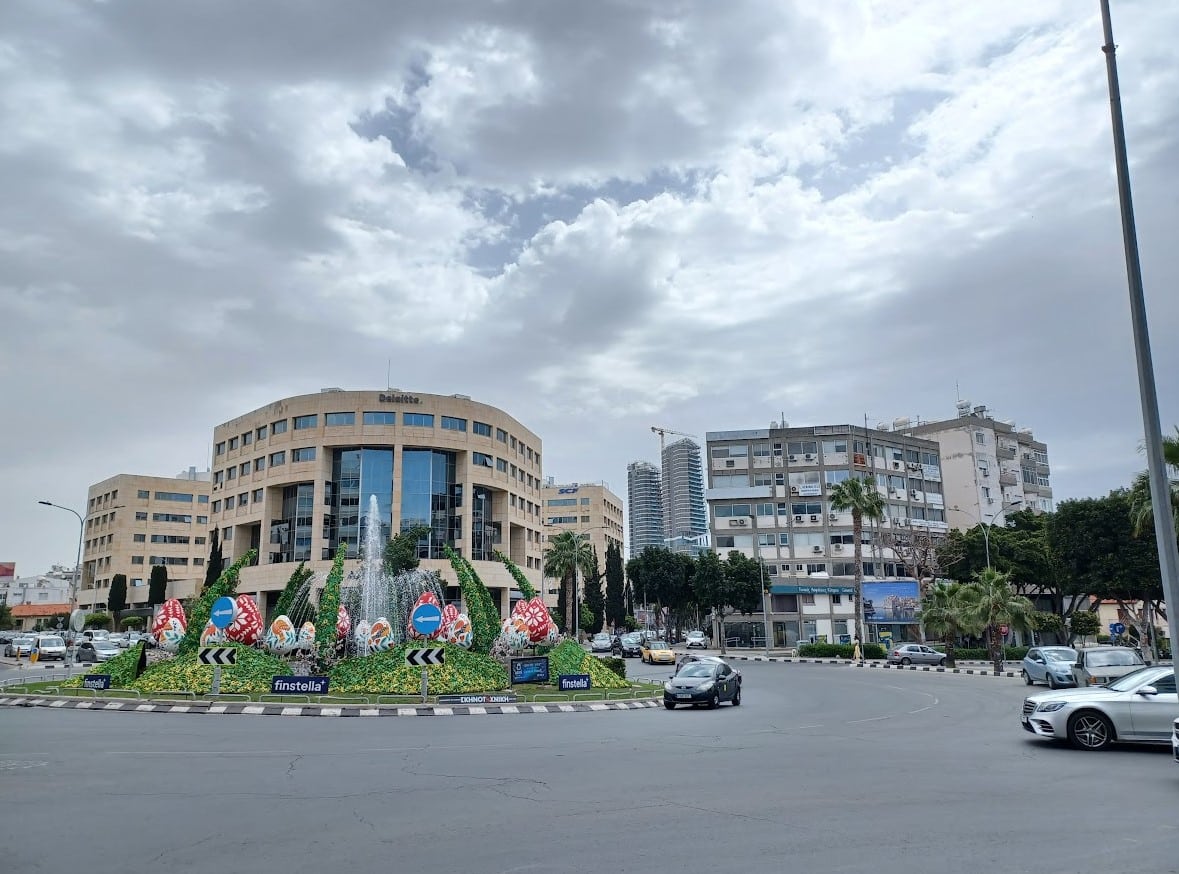Limassol’s mayors and business leaders convened this week to discuss their demands for increased state funding and a “sharper strategic focus” from the government.
They argued that Limassol, a major contributor to Cyprus’ GDP, “deserves better support and recognition”.
The meeting, which involved all four mayors of Limassol—Yiannis Armeftis of Limassol, Andros Theodorou of Polemidia, Kyriakos Xydias of Amathus, and Pantelis Georgiou of Kourion—and members of the Limassol Chamber of Commerce and Industry (Evel), focused on backing for crucial development projects that they argue are essential for the city’s growth and prosperity.
During the two-hour session, the leaders discussed several key infrastructure projects that require immediate attention and funding.
These include the development of the Technology Park in Pentakomo, significant upgrades to the local archaeological museum, and initiatives aimed at alleviating the city’s severe traffic congestion.
Specific projects mentioned include the northern bypass, the extension of Aktaia Odos, improvements to the Limassol-Saitta road, and various phases of redevelopment along Ayias Fylaxeos Street.
Other initiatives involve the B’ phase of connecting the coastal road with Franklin Roosevelt Avenue, infrastructure and road network upgrades in Monagrouli’s industrial area, the road to Lady’s Mile, the extension of Agios Athanasios road, and the coastal pedestrian walkway in the tourist area.
Andreas Tsouloftas, president of Evel, emphasised the city’s vital role in the national economy and expressed frustration over the current funding disparities.
“Limassol is a powerhouse for the Cypriot economy, yet it is neglected when it comes to state budget allocations,” he said.
“Today, we stand united to demand that this oversight be corrected, ensuring our city receives the funding it desperately needs to continue thriving,” Tsouloftas added.
The mayors also raised concerns about the need for improvements of Pentakomo and Vati, development needs of the Cyprus University of Technology (Tepak), and the revision of the Limassol local plan, which includes future plans for the Tsirio stadium.
Armeftis focused on the collaborative spirit of the meeting, saying that “this was a crucial step forward in prioritising and addressing the diverse needs of each municipality within our district”.
“We’re committed to working together with Limassol MPs and other city bodies in a coordinated effort to ensure the government hears our voice and acts on our demands,” he added.
Moreover, the leaders agreed to reconvene in two weeks to consolidate their strategy and prepare a formal proposal outlining the projects and funding required.
This proposal will be presented to the government, with the leaders expressing a firm resolve to secure a commitment for the necessary investments.
“It’s imperative that the government responds positively to our justified requests,” Xydias said.
“Limassol’s development is not just a local concern but a national priority, and we need swift action to address the challenges we face,” he added.






Click here to change your cookie preferences